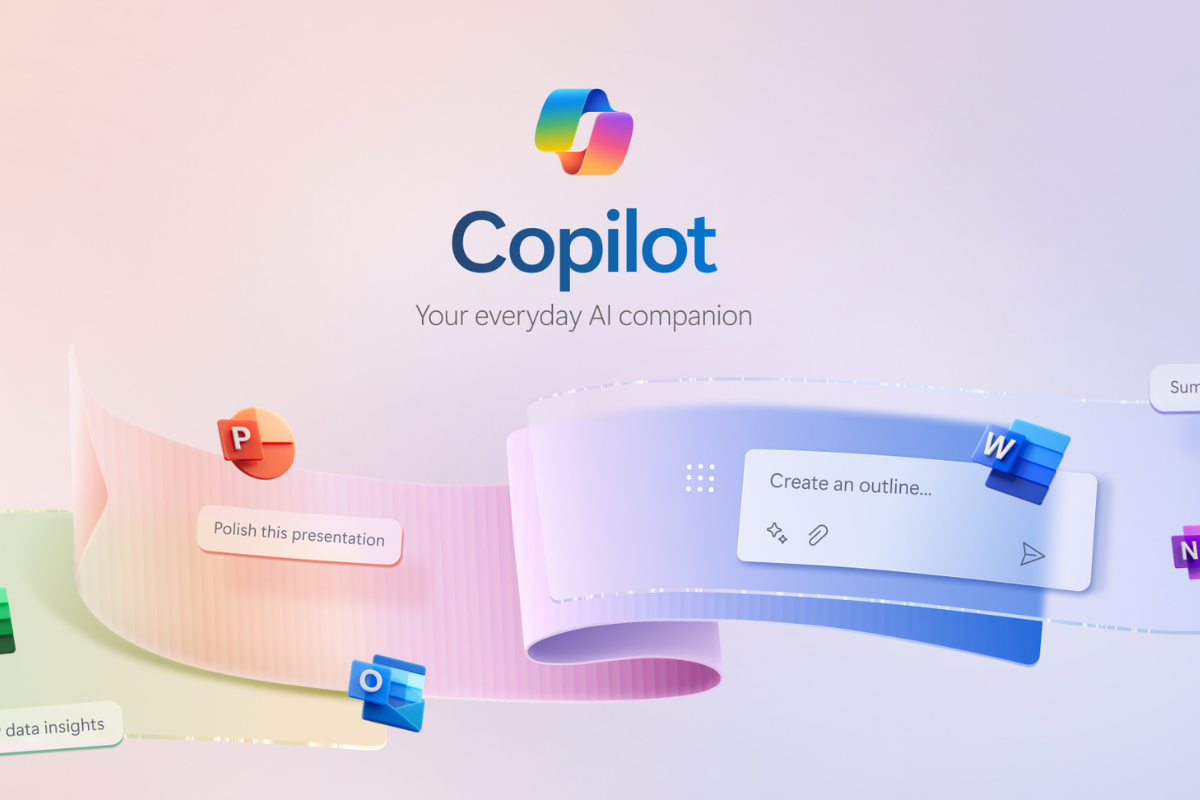The rise of artificial intelligence (AI) offers significant advantages for Australian bookkeepers seeking to enhance their efficiency and analytical capabilities. Tools like OpenAI’s ChatGPT and Microsoft Co-pilot for Microsoft 365 (M365) provide automated support that can streamline financial record analysis. However, leveraging these AI-driven tools for handling sensitive financial data requires careful attention to privacy implications, particularly under Australian law. Here, we’ll examine the privacy risks involved in using these tools and outline considerations that will help Australian bookkeepers make informed decisions.

Key Privacy Concerns in AI-Driven Financial Analysis
For bookkeepers, financial records are among the most confidential data they manage, often including personal information protected by the Privacy Act 1988 (Cth), The Tax Agent Services Act 2009 and Professional Standards and Codes. When using AI for analysis, sensitive financial data is often shared with third-party systems, creating potential risks such as:
Data Exposure: Financial data transferred to external AI servers may be vulnerable to interception or unauthorised access.
Data Retention: Some AI providers retain processed data for model improvement, which can lead to prolonged storage of sensitive information outside the bookkeeper’s control.
Regulatory Compliance: Australia’s Privacy Act and other relevant regulations, such as the Australian Privacy Principles (APPs), place strict obligations on handling personal data. Non-compliance can result in penalties, reputational damage, and client trust issues.
Let’s explore how these risks compare for two prominent AI tools: ChatGPT and Microsoft Co-pilot for M365.
ChatGPT: Advanced Capabilities with Privacy Challenges
ChatGPT by OpenAI is widely recognized for its ability to process and interpret complex text, which can make it a valuable asset for analysing financial records. However, there are notable privacy considerations for bookkeepers who choose to use ChatGPT.
Strengths:
Sophisticated Analysis: ChatGPT excels at processing natural language, which can make it an effective tool for summarising financial data, interpreting trends, and generating reports.
Versatility: ChatGPT’s flexibility allows bookkeepers to use it across various applications, from drafting financial summaries to answering specific questions about data.
Privacy Considerations:
Data Processing Location: ChatGPT typically operates through OpenAI’s cloud infrastructure, meaning data input is processed on external servers. For Australian bookkeepers, this may increase the risk of sensitive financial data being exposed to unauthorized access or interception, especially if data is transferred outside Australia.
Data Retention and Use: OpenAI may retain input data to improve its models. While some enterprise versions offer more control over data retention, bookkeepers may still find that this lack of direct control over data retention is concerning, especially when handling highly sensitive financial records.
Compliance with Australian Privacy Laws: Bookkeepers must ensure that using ChatGPT complies with the Privacy Act and the APPs. This includes understanding whether OpenAI’s data handling practices align with Australian privacy obligations, particularly around data storage, retention, and cross-border data flows.
Microsoft Co-pilot for M365: Privacy-centric Features for a Safer Environment
Microsoft’s Co-pilot for M365 integrates AI capabilities within Microsoft 365 applications, such as Excel and Word, enabling bookkeepers to perform financial analysis within a familiar, controlled environment. This can provide advantages from a privacy standpoint.
Strengths:
Integrated Security and Compliance: Microsoft 365 includes built-in security measures like data loss prevention (DLP), encryption, and multi-factor authentication (MFA), which also extend to Co-pilot. These features help protect sensitive data and ensure compliance with Australian privacy requirements.
Data Residency and Control: Microsoft offers data residency options that allow Australian bookkeepers to keep their data within local or regional data centres. This alignment with data sovereignty requirements is a key advantage in ensuring compliance with privacy laws.
User Access and Permission Controls: Co-pilot is accessible within the Microsoft 365 suite, enabling bookkeepers to maintain tight control over data access and minimize the risk of unauthorized use. This setup enhances security and reduces exposure to external threats.
Privacy Considerations:
Potential Functional Limitations: Although Microsoft Co-pilot can handle common bookkeeping tasks, its functionality may not match ChatGPT’s advanced language capabilities for more nuanced financial analysis. Bookkeepers requiring detailed or complex interpretations of financial data may find Co-pilot somewhat limiting.
Reliance on Microsoft Ecosystem: To maximise Co-pilot’s capabilities, bookkeepers must work predominantly within the Microsoft 365 environment. For those using alternative or additional software tools, integrating data may present practical challenges.
Weighing the Privacy Trade-offs
Australian bookkeepers must weigh the advantages of AI-enhanced analysis against the privacy risks associated with each tool.
For bookkeepers whose top priority is securing clients’ sensitive financial data, Microsoft Co-pilot offers a more privacy-centric option due to its integration within a secure and compliant Microsoft environment. The ability to store data locally and maintain user access controls aligns well with Australia’s privacy laws and the requirements of professional bookkeeping practices. This makes Co-pilot an attractive choice for bookkeepers who need AI support within a controlled environment.
Alternatively, ChatGPT’s advanced capabilities may make it a useful tool for bookkeepers looking for more robust data analysis features. However, its use requires careful consideration of data protection measures and privacy laws. Bookkeepers should take steps to anonymize or mask sensitive data where possible, understand OpenAI’s data handling practices, and ensure that they have explicit client consent before using this tool for financial records.
Conclusion: Privacy First in AI-driven Bookkeeping
As AI continues to evolve, Australian bookkeepers have unprecedented opportunities to streamline and enhance their services. However, the security implications, particularly regarding data privacy, should not be overlooked. By selecting tools that prioritise privacy and maintaining compliance with Australian privacy laws, bookkeepers can leverage AI responsibly, ensuring that they provide both innovative and trustworthy services to their clients.
This article was written with the assistance of Artificial Intelligence.


